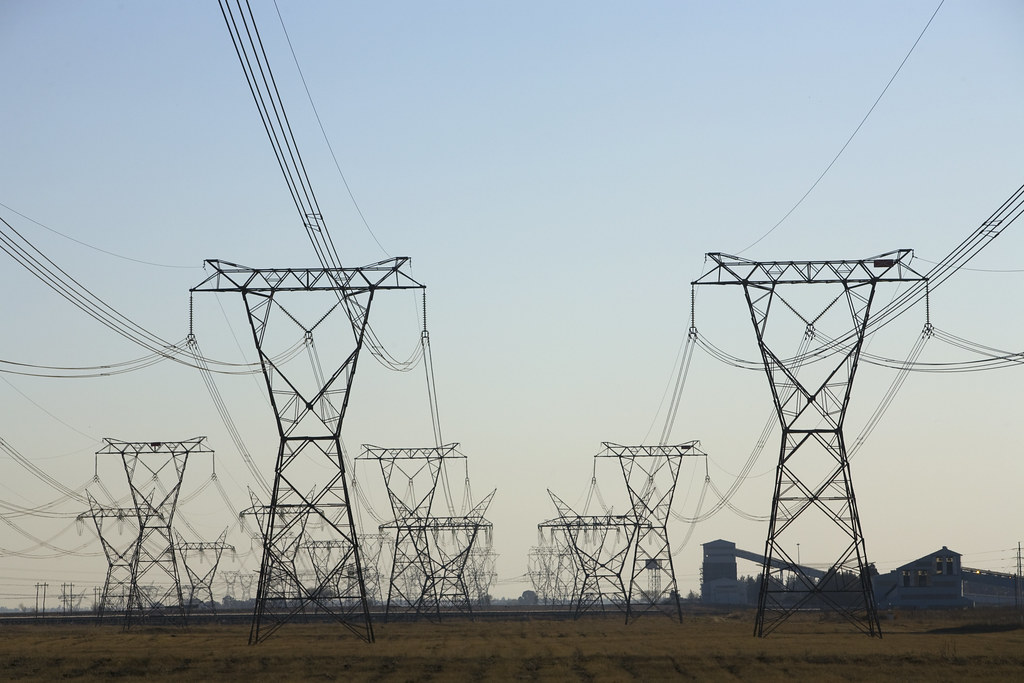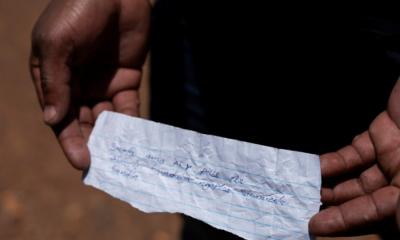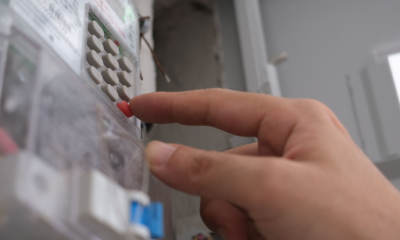Business
AFD Leads €400 Million Climate Loan for South Africa as Part of Just Energy Transition Partnership

AFD Leads €400 Million Climate Loan for South Africa as Part of Just Energy Transition Partnership
The Agence Française de Développement (AFD), France’s state development bank, is poised to finalize a significant €400 million climate loan for South Africa, which is expected to be bolstered by contributions from other international development finance institutions. This funding is a crucial component of the $9.3 billion Just Energy Transition Partnership (JETP), established in 2021 to assist South Africa in reducing its heavy reliance on coal, which currently accounts for approximately 80% of the nation’s electricity generation.
Germany’s KfW development bank has already matched AFD’s previous €300 million loan issued in 2022 under the JETP initiative. Now, this new €400 million commitment is expected to provide further support for South Africa’s efforts to transition towards renewable energy sources. The announcement was made during the 30th anniversary of AFD’s operations in South Africa, attended by both AFD CEO Rémy Rioux and South African Deputy Finance Minister David Masondo.
A Step Forward in Climate Financing
The approval of the €400 million loan by AFD’s board marks a significant step forward in the JETP, which has faced criticism for its slow pace of implementation. Rioux indicated that the final details are being ironed out before the signing of the agreement, but he expressed optimism about the broader involvement of other public development banks in co-financing the project. The goal is to include a variety of international financial partners beyond the initial France-South Africa partnership.
“The idea is not to do it in a pure France, South Africa partnership,” Rioux emphasized. “It’s open, and probably other public development banks will co-finance.” Although he did not specify which banks might be involved, this inclusive approach aims to enhance the impact of the funding on South Africa’s energy transition.
Supporting Communities in Transition
The funds from this climate loan are earmarked to support communities impacted by the gradual move away from coal-based energy production. This is a critical element of the JETP strategy, which focuses on ensuring a “just transition” that minimizes economic disruption for those reliant on the coal industry. This approach aligns with the broader objectives of sustainable development and social equity.
Deputy Finance Minister Masondo underscored the importance of the funding in his speech, highlighting that the new loan will provide essential support for affected communities and help accelerate South Africa’s shift towards cleaner energy sources. The AFD’s involvement also extends to potential investments in the expansion of South Africa’s electricity transmission grid, a vital infrastructure project needed to accommodate an increasing number of renewable energy projects.
Grid Expansion and Renewable Energy Integration
Rioux mentioned that AFD is ready to explore opportunities for financing grid expansion projects once the South African government finalizes its strategy for funding this critical infrastructure. Strengthening the electricity grid is essential for integrating more renewable energy projects, thereby enhancing energy security and reducing reliance on coal.
“We are ready to examine opportunities to finance grid projects,” Rioux said. “We will look at it carefully.”
The loan’s success is vital for the overall progress of the JETP, as it serves as a model for similar agreements being pursued in other countries, such as Indonesia, Vietnam, and Senegal. The South African partnership was initially formed with major global economies, including France, Germany, the US, the UK, and the European Union. Denmark and the Netherlands have since joined the initiative, reflecting growing international support for South Africa’s energy transition.
Challenges and Future Prospects
Despite the progress, the JETP has faced criticism over its slow rollout. So far, the funds disbursed include policy loans from AFD and Germany’s €800 million contribution directly to the South African Treasury. However, other partners, such as the UK, have been hesitant to use policy loans, favoring alternative financing mechanisms instead.
The involvement of additional development finance institutions could be a game-changer, providing much-needed capital and technical expertise to accelerate South Africa’s transition to a sustainable energy future. The climate loan spearheaded by AFD marks a significant milestone in this ongoing effort, highlighting the potential of international collaboration in tackling the urgent challenges posed by climate change.
Conclusion
The €400 million climate loan from AFD, alongside potential contributions from other international partners, represents a significant boost for South Africa’s Just Energy Transition Partnership. This funding will play a crucial role in supporting affected communities and enhancing the country’s infrastructure to integrate more renewable energy projects, setting the stage for a more sustainable and resilient energy future.

























